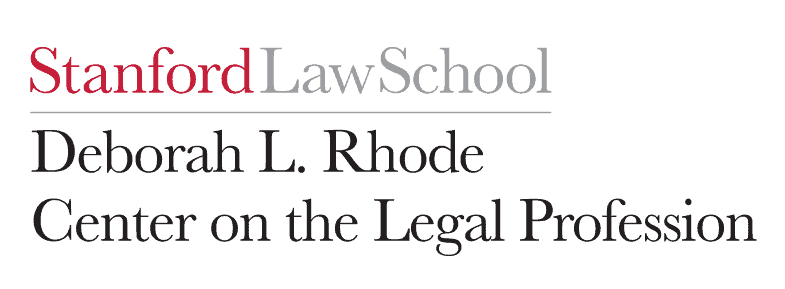LATEST UPDATES
Menu

The Rhode Center has turned its focus to multidistrict litigation (MDL)—a procedural vehicle that facilitates the consolidation of similar federal claims filed across the country—into a single “transferee” court. This once-obscure system has grown (and grown, and grown) over decades. MDLs currently contain more than 400,000 active claims and routinely involve policy issues of national import. The size, rise, and substantive consequence of MDLs make them urgent topics for further research.
These cases also pose unique challenges for the legal profession. Judges are tasked with overseeing thousands of cases—cases that are quite similar to one another but that remain formally independent—at once. Lawyers take on large numbers of plaintiff claims, enabling far wider plaintiff representation—but also, critics assert, high rates of “false positive” lawsuits. And, while plaintiffs may benefit from the expanded reach, flexibility, and innovation of MDL, they also lack many of the procedural protections found in the class action context.
To that end, the Rhode Center has the benefits and drawbacks of MDL, and especially opportunities to improve the plaintiff experience, squarely in its sights. These efforts have included hosting a recent Convening regarding the attorney-client relationship in MDL that brought together judges, practitioners, policymakers, and scholars to consider the benefits and drawbacks of the modern MDL, to identify priorities for improvement, and to surface key lingering questions for further research. The Rhode Center has also contributed original scholarship on the state of plaintiff-facing MDL websites, which are sometimes the only tool for direct case updates to litigants—but which are often outdated and unfriendly to users.

